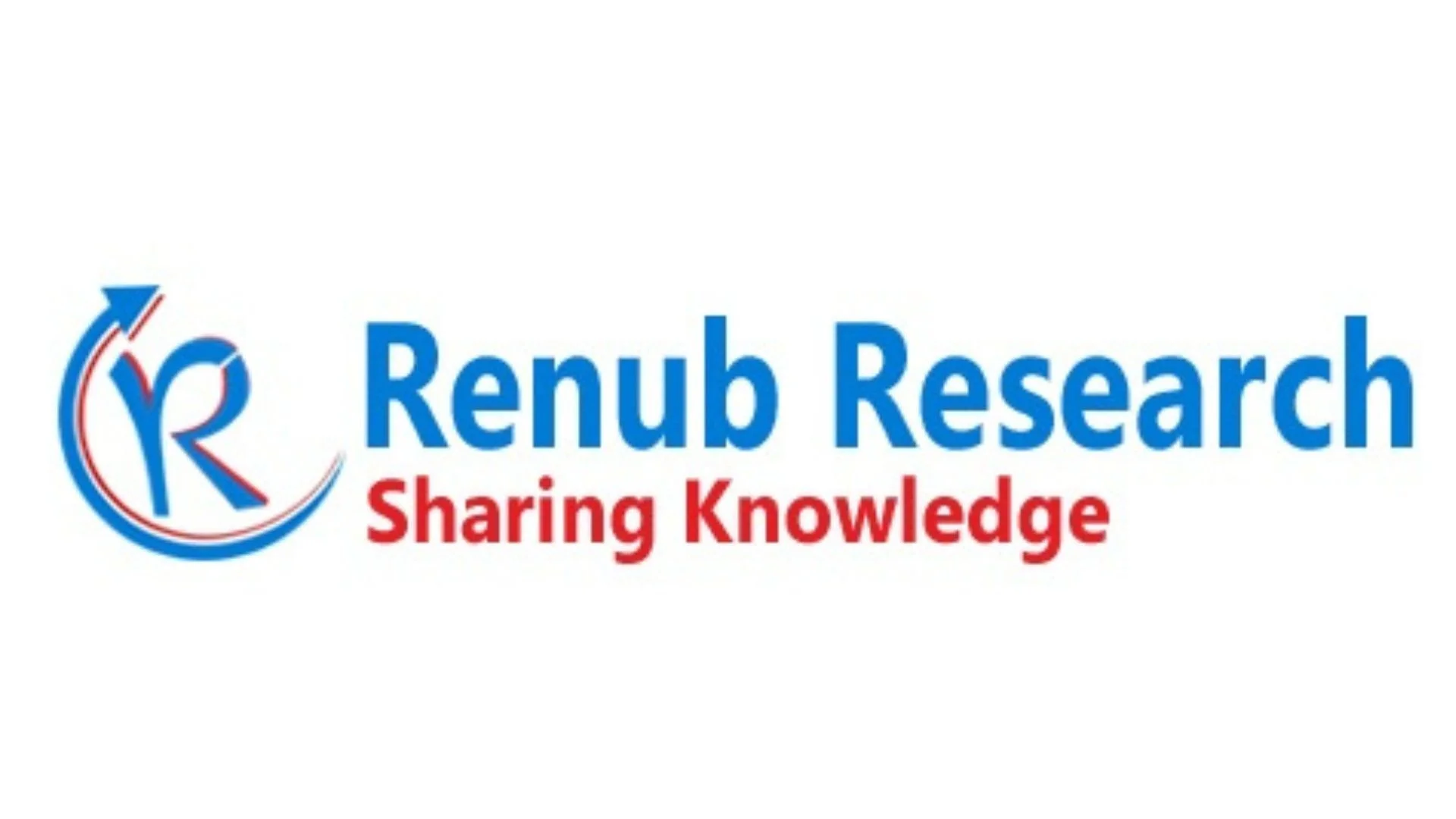Europe Online Travel Market Analysis
According to Renub Research Europe Online Travel Market is projected to reach US$ 560 billion by 2033, rising from US$ 215.05 billion in 2024, with a CAGR of 11.22% between 2025 and 2033. The industry’s growth is being driven by increasing digital travel bookings, rapid mobile-first platform adoption, personalized recommendations enabled by artificial intelligence, seamless virtual payment innovations, rising environmental consciousness among travelers, evolving regulatory frameworks, and the integration of immersive technologies such as augmented and virtual reality to enhance planning and exploration experiences online.
This market covers travel booking types (package and direct), service categories (transportation, vacation packages, and accommodation), payment modes, consumer demographics, and device usage patterns across key European countries.
Overview of the Europe Online Travel Market
Over the past decade, the online travel industry in Europe has undergone notable transformation. The widespread use of the internet and smartphones has reshaped how travelers research, compare, and book their journeys. Ease of use, price transparency, flexible booking features, and on-demand access to a wide range of options are now the defining expectations of European travelers.
Large digital travel platforms such as Booking.com, Expedia, Skyscanner, Airbnb, and TripAdvisor have fundamentally changed consumer behavior. Metasearch engines and aggregator platforms allow real-time price comparison, reviews from other travelers, and smooth integration of travel planning with booking and payment services. This has minimized dependency on traditional physical travel agencies.
Countries with high digital literacy such as Germany, France, Spain, and the United Kingdom are leading the market. The proliferation of low-cost airlines and expanding rail networks has increased short-distance and cross-border travel, fueling frequent and spontaneous trip planning. As travelers become more confident in digital self-service environments, booking autonomy and customized travel routes are becoming the norm.
Technological innovation is playing a decisive role. Travel platforms are increasingly using machine learning and data analytics to provide dynamic pricing, tailor-made itineraries, and recommendations aligned to personal preferences. Mobile applications now accompany every stage of the travel journey—from inspiration to navigation and last-minute plan adjustments.
In addition, the growing incorporation of AR and VR allows travelers to preview experiences such as museum tours, resort stays, or adventure activities before confirming bookings. Meanwhile, blockchain is gradually emerging as a tool to ensure payment transparency and secure identity verification.
Sustainability is becoming a central decision factor among European travelers. Travel platforms are increasingly featuring eco-certified accommodation, carbon offset options, and filters for low-impact travel routes. A growing segment of travelers prefer low-emission transportation, slower travel itineraries, and nature-connected experiences.
According to a 2024 survey published by Accor, 53% of European travelers plan to increase their travel spending in 2025, while 73% consider climate impact and eco-friendly travel options essential. Additionally, 90% say overcrowding will influence their destination choices, highlighting the rising preference for lesser-known, culturally immersive locations.
👉 Want to explore detailed market trends, segment insights, and c? 🔗 Request Sample Report
Key Market Growth Drivers
Growing Internet and Smartphone Penetration
Expanding high-speed internet access and smartphone adoption across Europe is a primary driver of online travel growth. The availability of 4G and the rollout of 5G networks ensure faster, more reliable app- and web-based booking experiences. Travel booking apps allow users to research and reserve hotels, flights, or ground transport quickly, while push notifications and loyalty features encourage spontaneous or last-minute bookings.
Shifting Customer Preferences Toward Transparency and Self-Planning
Modern travelers increasingly prefer independence in planning, comparing, and booking their own travel arrangements. Online travel platforms offer abundant user reviews, pricing transparency, and instant customization that traditional agencies cannot match. Social media, travel influencers, and peer review platforms play a major role in shaping destination awareness and booking decisions.
Expansion of Low-Cost Air Travel and Transportation Services
The growth of budget airlines, increased rail connectivity, and flexible bus and rideshare networks support more frequent domestic and cross-border travel within Europe. Affordable transport options encourage weekend trips, city hops, and short stays, boosting online booking activity. This accessibility also attracts younger, tech-savvy travelers who are comfortable coordinating travel digitally.
Challenges Affecting the Europe Online Travel Market
Data Privacy and Cybersecurity Concerns
Online travel platforms handle sensitive traveler data, including payment credentials and identification details, making them targets for cybercrime. Compliance with Europe’s GDPR regulations requires robust security infrastructure, transparent consent processes, and continuous monitoring. Any breach risks financial penalties and long-term brand damage.
High Expectations for Real-Time Customer Support
As travel disruptions and itinerary changes are common, customers expect instant support across digital channels. While chatbots and automated systems offer convenience, they may fail to assist with complex issues. Maintaining high-quality, multilingual human support teams remains expensive and challenging, but essential for trust retention.
Regional Insights
Germany
Germany’s online travel sector is shaped by strong digital literacy and preference for structured trip planning. Mobile travel applications and AI-driven personalization tools play an increasing role in creating tailored itineraries. Growing interest in wellness tourism, sustainable stays, and local cultural experiences supports niche travel service providers.
France
France continues to see strong digital booking momentum, with widespread adoption of mobile travel apps for both domestic and international travel. French consumers are increasingly selecting eco-friendly lodging and authentic local experiences. The market is dominated by major OTAs, but specialized boutique travel platforms are gaining visibility.
Italy
Italy’s online travel market is expanding as more consumers transition from in-person travel agents to digital booking systems. Demand is rising for customizable vacation packages and experiential travel centered on heritage, cuisine, and coastal landscapes. Mobile-first booking interfaces are driving engagement among younger travelers.
United Kingdom
The UK remains one of Europe’s most dynamic online travel markets. Digital payment solutions and smartphone-centric booking habits are shaping consumer behavior. The resurgence of package holidays reflects demand for cost-efficient, hassle-free travel during economic uncertainty. The market continues to innovate through AI-based personalization and experiential travel offerings.
Recent Industry Developments
In January 2025, the European Union clarified the rollout of ETIAS, which will require digital travel authorization for non-EU travelers starting mid-2025. Meanwhile, the Entry/Exit System (EES) launching in late 2024 will automate border tracking, replacing passport stamping. These shifts will influence traveler security compliance and booking workflows.
In May 2024, Mastercard partnered with Checkout.com to provide virtual card solutions for OTAs under the Mastercard Wholesale Program. This development promises to reduce payment friction, increase supplier reliability, and improve booking conversion rates in the travel sector.
Market Segmentation
By Type
· Package
· Direct
By Service Type
· Transportation
· Vacation Packages
· Travel Accommodation
By Payment Mode
· UPI
· E-Wallets
· Debit/Credit Cards
· Other
By Gender
· Male
· Female
By Booking Device
· Mobile/Tablet
· Desktop
By Country
· France
· Germany
· Italy
· Spain
· United Kingdom
· Belgium
· Netherlands
· Russia
· Poland
· Greece
· Norway
· Romania
· Portugal
· Rest of Europe
Key Companies Covered
· Airbnb
· Expedia
· Booking Holdings
· TripAdvisor Inc.
· Trip.com Group Ltd.
· MakeMyTrip Limited
· Hostelworld Group PLC
· Trivago N.V
· Despegar.com Corp
· Lastminute.com Group
👉 For deeper analysis, detailed segment data, and company insights: 🔗 Request Customization Report
Note: If you need details, data, or insights not covered in this report, we are glad to assist. Through our customization service, we will collect and deliver the information you require, tailored to your specific needs. Share your requirements with us, and we will update the report to align with your expectations.






